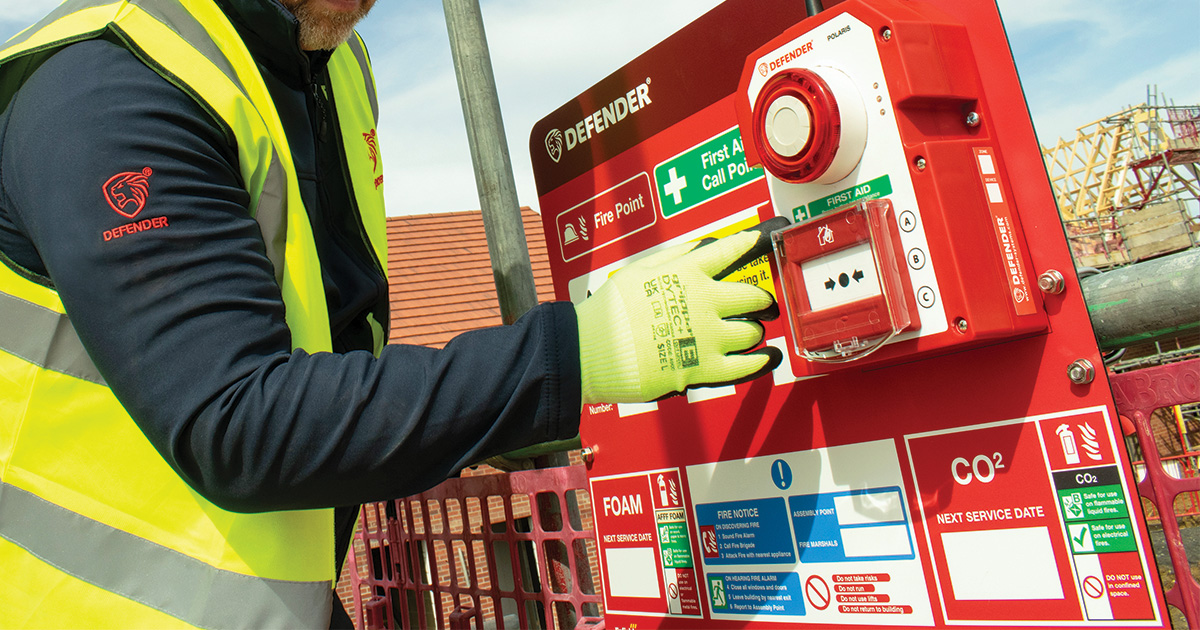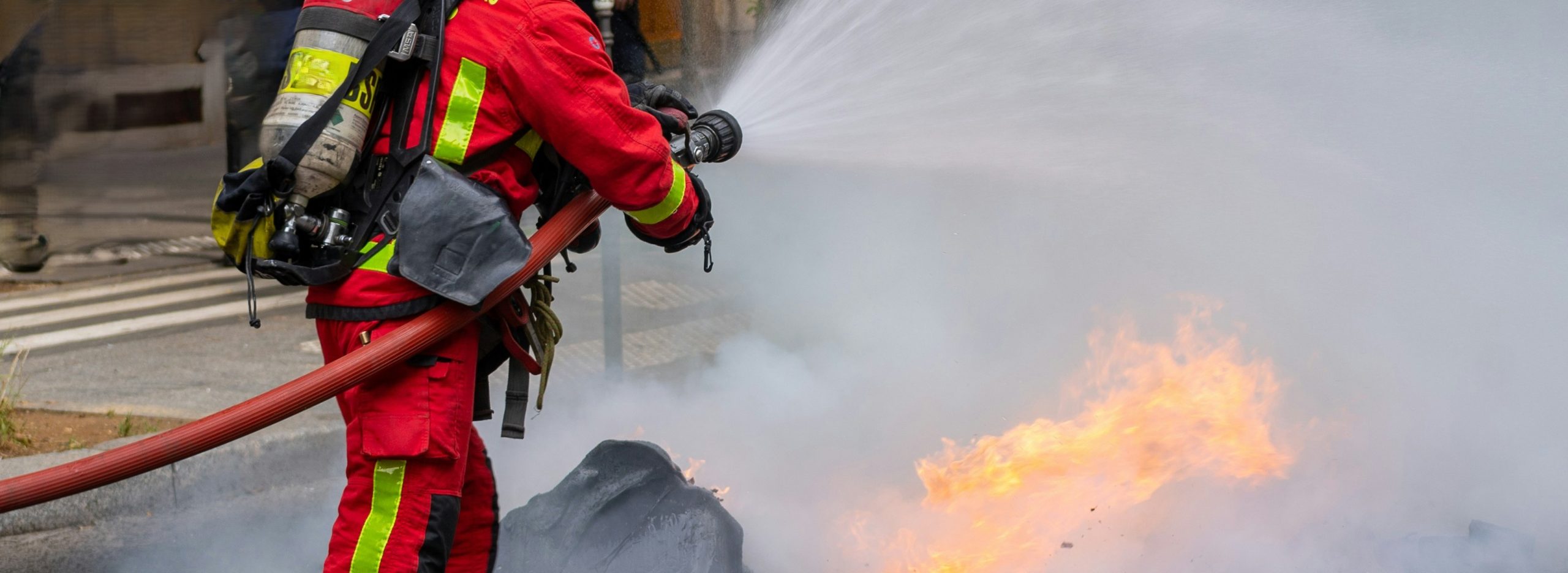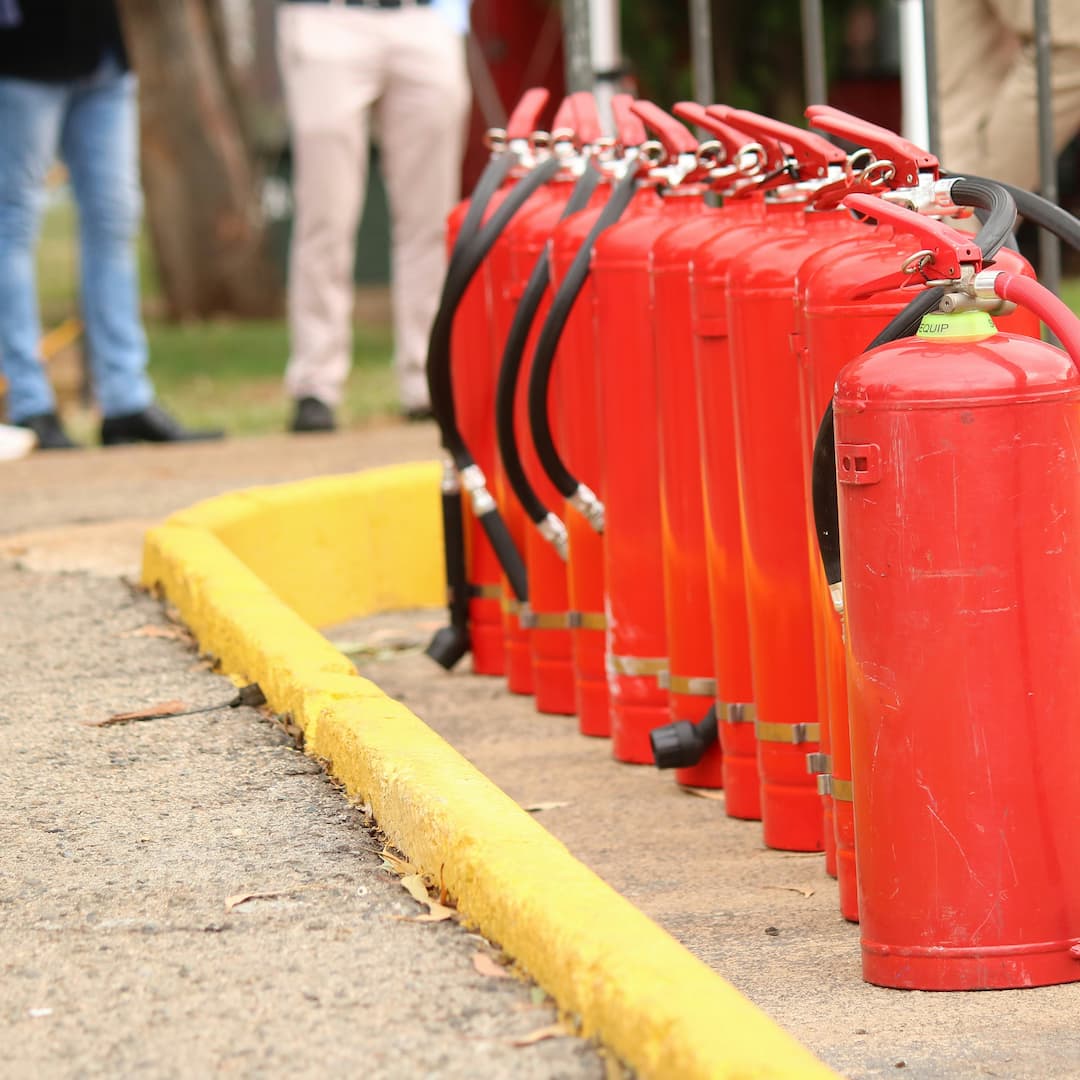

When it comes to health and safety on construction sites, one of the most vital roles is that of the fire marshal. Construction sites are high-risk environments where hot works, flammable materials, and ongoing electrical installations create an increased potential for fire hazards. Having a qualified fire marshal on site isn’t just a legal obligation in many situations; it’s also a fundamental aspect of ensuring the well-being of everyone working there.
A fire marshal, often called a fire warden, is a specific person assigned at a workplace to oversee fire safety. Their main job is to minimise fire hazards, ensure that emergency plans are executed properly, and assist with safe evacuations during any incidents.
On a construction site, where things can change rapidly every day, the fire marshal serves as the vigilant eyes and ears for fire safety. They work to spot and manage potential dangers before they turn into serious risks.
The main responsibilities of a fire marshal include several key tasks. First up is conducting fire risk checks, which means regularly inspecting escape routes, fire doors, and firefighting equipment to ensure everything is in working order.
Another crucial duty is monitoring hot works and flammable materials. This involves making sure that materials are stored correctly and that safe working practices are being followed.
During both fire drills and actual emergencies, the fire marshal plays a vital role in leading evacuations, guiding workers to safety with clear direction.
Additionally, coordinating with emergency services is essential. The fire marshal must be ready to provide important information to fire crews if the situation calls for it.
Keeping records is also a key part of the role, which includes maintaining fire safety logs, drill reports, and inspection notes to ensure everything is up to date.
In a fast-paced environment like construction, these responsibilities expand further. The fire marshal needs to keep an eye on temporary structures, adapt to changes in layout, and ensure that fire points are always accessible for emergencies.
The number of fire marshals required depends on the size of the site, the number of workers, and the level of fire risk. A general rule of thumb is:
This way, you can ensure that a trained individual is always on hand, ready to respond swiftly if an emergency arises.

To fulfill their duties effectively, fire marshals need to undergo fire marshal training. This training usually includes several key topics:
Fire marshal training sessions usually don’t take up much time, often just around half a day, about 3 to 4 hours. Even though they are brief, these sessions pack a punch, offering a thorough understanding that equips participants with the skills and confidence needed to make quick decisions during emergencies.
In the dynamic world of construction, where layouts constantly shift and heavy machinery operates alongside various contractors, fire safety cannot be taken lightly. Having trained fire marshals on site is crucial; they help manage fire risks proactively and ensure that if an emergency arises, there’s a well-rehearsed plan ready to go.
A construction site equipped with knowledgeable fire marshals is not only a safer environment but also adheres to workplace safety regulations. Fire marshals serve as the foundation of fire safety measures on these sites. Their training provides them with the necessary skills to handle vital tasks, from fire prevention and monitoring to overseeing evacuations.
By ensuring an adequate number of fire marshals are appointed, site managers can effectively safeguard both personnel and projects from the serious consequences that a fire can bring.